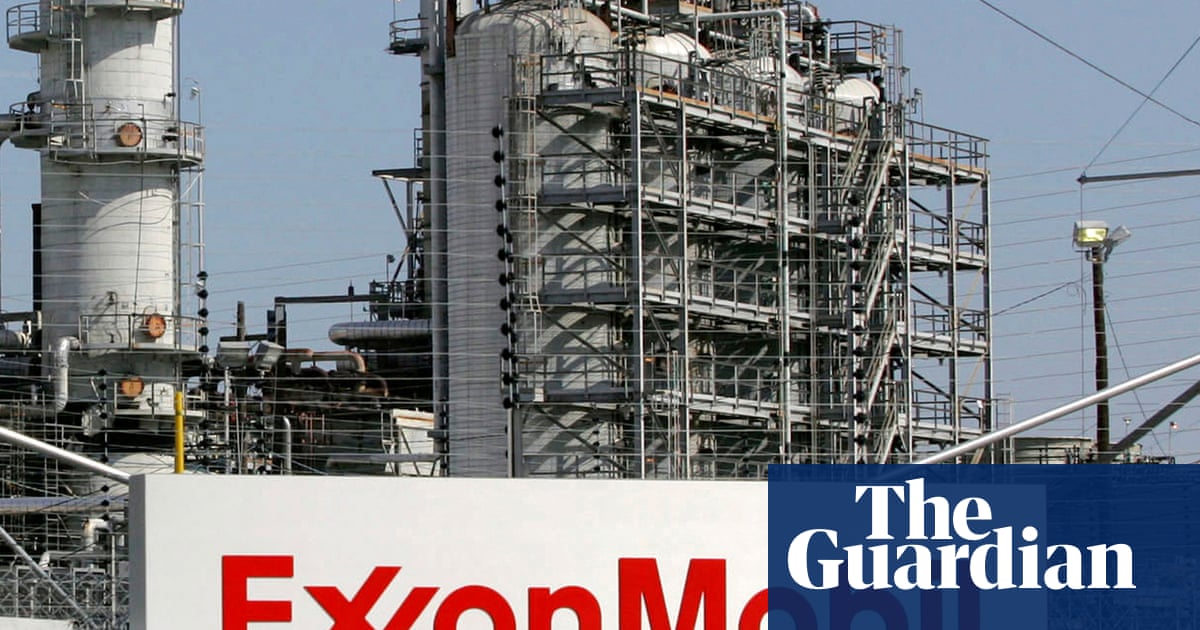
ust south of Oil City, where Louisiana representative Danny McCormick is from, is the predominantly Black city of Shreveport. Residents there breathe some of the most toxic air in the country. Oil refineries owned by UOP and Calumet contribute to the town’s toxic emissions, according to the EPA’s Toxic Release Inventory.
But McCormick, a Republican, introduced a bill at the Louisiana capitol last week that would protect oil companies and not residents in his district who have to breathe in that air. The bill would establish Louisiana as a “fossil fuel sanctuary state” and ban local and state employees from enforcing federal laws and regulations that negatively impact petrochemical companies.
The idea for the bill, McCormick said, came about after President Joe Biden began putting new restrictions on oil and gas companies, including a pause on new oil and gas leases on federal lands and waters. “Look at what they did to the coal industry,” he said at a Louisiana house committee hearing. “We already know what the game plan is. They already picked off coal. Now they’re going after oil and gas.”
The bill – which is unlikely to move forward in its current state because of legality concerns – is among several bills introduced at the Louisiana legislature this session that would likely reduce regulation of oil and gas companies in the state. Lawmakers say that deregulation is necessary to preserve tax revenues generated by oil and gas companies and to stop further job losses. A separate bill introduced by McCormick would redefine gas pipelines from modes of transportation to facilities, in order to prevent Louisiana state police from fining pipeline companies for failing to immediately report gas leaks.
Louisiana’s Democratic governor, John Bel Edwards, has also pushed back on the Biden administration’s energy agenda, penning a letter to the president that included petrochemical lobbyists’ talking points, according to HuffPost. Documents showed an oil and gas trade group coordinated between top officials in Louisiana and their counterparts in New Mexico – another oil state with a Democratic governor. Although the states are headed by Democrats, they remain obstacles to Biden’s climate plans. Texas, which has a Republican governor and legislature is also advancing bills to protect the oil and gas industry from climate efforts.
Nixing environmental requirements would disproportionately hit communities of color. Shreveport, which is 57% Black, is in the 90th to 95th percentile for cancer risk from breathing in air toxics, according to the EPA’s National Air Toxics Assessment. In 2013, the EPA fined the Calumet refinery $326,000 for nine air violations, prompting a new fenceline monitoring system.
Shreveport is in north-west Louisiana, almost on the border with Texas. But south-east Louisiana, between Baton Rouge and New Orleans, is also known for its heavy industrial presence and pollution. It has been dubbed “Cancer Alley”. Louisiana’s US senator Bill Cassidy has bristled at Biden using the term and opposed campaigns from Democrats to revoke permits from a major plastics plant proposed for the corridor.
cCormick runs M&M Oil. Before he was a legislator, he was a member of the Louisiana Oil and Gas Association, an industry lobbying group. Last week, when asked by other lawmakers about the constitutionality of the bill, McCormick said he wasn’t aware anyone was opposed to the legislation. “I don’t know who would have a problem with it, honestly,” he said.
But Velma White, 71, who lives in McCormick’s district said she’s concerned about the proposed legislation. “It’s going to hurt the people,” she said of McCormick’s bill. “I don’t think it’s right to the people.”
White lives a block away from Calumet Shreveport Refining and believes her family’s health problems were brought on by air emissions from the facility. White’s daughter was diagnosed with renal failure at a young age. White’s husband and sisters have also had health issues. “They have literally put me and my family through hell,” she said of the refinery. “I know there ought to be somebody who cares about the people’s lives.”
White and other residents filed a lawsuit against the previous owners of the Calumet refinery, Pennzoil-Quaker State, in 2001. White said she hoped the lawsuit would open a dialogue with the company about buyouts to help residents relocate away from the pollution. “These people can’t get out of that community,” White said. “They’re going to continue to be exposed by what’s going on at that refinery. You can’t just pull up and run.”
In January, White received an offer to settle her 20-year-old claim against the oil companies for $2,500. She’s experienced nausea, breathing difficulties and a miscarriage in 1987, according to E&E News.
“That’s what they offered me,” she said. “I’m just dumbfounded.”
White believes that federal regulators should take steps that would force companies to lower emissions. But if McCormick’s bill became law the state would not be able to enforce those regulations.
McCormick’s bill was tabled because of concerns that the current language could cause the US Environmental Protection Agency to revoke the state’s authority to enforce federal rules. But his colleagues still offered their support. The chairman of the Louisiana House Natural Resources and the Environment Committee, Jean-Paul P Coussan (R-Lafayette), said he would work with McCormick to resolve issues with the bill that could give the federal government more power over oil and gas companies in Louisiana.
“You’re not going to find a bigger support of oil and gas in his legislature than maybe you and I,” Coussan said to McCormick at the committee hearing. “We can tighten this up so all our oil and gas constituents can be proud of the bill. The intent is to help industry not to end up in court just for a headline.”












